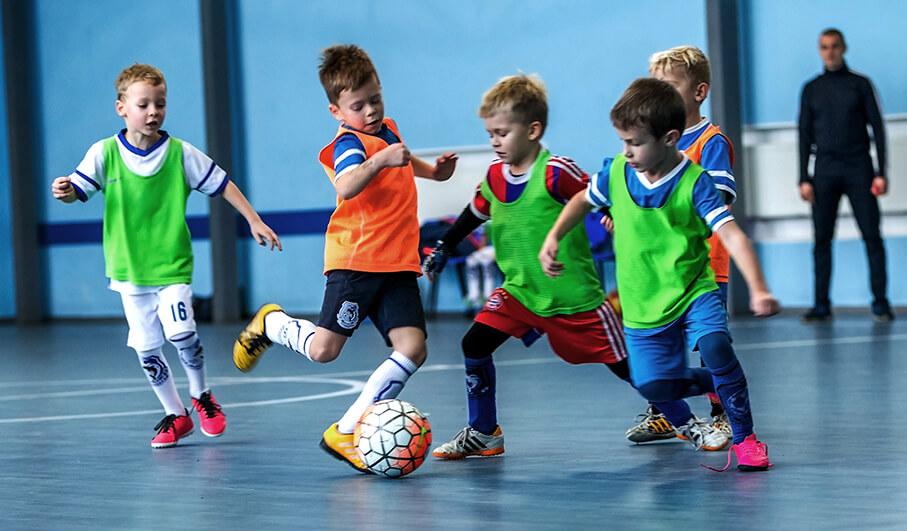Nutrition for Young Athletes

You’ve been with your child for the numerous practise and coaching sessions.
You’ve attended every single game that she’s played.
And now that she’s standing on the victory podium proudly holding aloft her trophy, your heart is bursting with pride.
As parents of a young athlete, you know the amount of hard work, persistence and hours of practise that go into the making of a champion. You want to spare no effort to ensure they have all the support they need. And what your budding athlete needs most at this point is the right nutrition to fuel their bodies and their ambitions.
The right balance of carbohydrates, protein and fat is important for your child’s physical performance and overall health. Here are some tips to help you ensure your child’s optimal physical development as an athlete.
1. Strike a balance
Young athletes should have a balanced plate. About 50-60% of their plate should be composed of carbohydrates such as include whole-wheat breads, pastas and rice, as well as potatoes. These complex carbohydrates provide a slow and continuous source of energy for athletic performance. 25-30% of the plate should feature vegetables such as lettuce, broccoli, carrots, cabbage etc. The remaining 15-20% should be filled with lean protein such as chicken, lamb, eggs, legumes, dairy products and so on.
2. Emphasise hydration
Children run through the body’s water reserves more quickly than adults, so fluids are essential. Pack some water-rich fruit such as melons or oranges which are great to quench their thirst between games or as a post-game snack. If sporting activities extend beyond an hour, give your child a sport drink that replenishes the nutrients lost in exercise and sweating.
3. Eat a healthy breakfast
Breakfast is the most important meal of the day for a young athlete. Ensure that they get a mix of carbs, protein and healthy fats which energises and fuels them for the rest of the day.
4. Make lunch count
Fuel their body for after-school game and practise with a balanced lunch that includes grain, protein, dairy and healthy vegetables. Children should eat 2-3 hours before their activity to ensure the nutrients are absorbed and stored.
5. Serve up a calorie and nutrient-rich dinner
Recovery foods should be consumed within 30 min of exercise and again within 1 to 2 hours of activity to allow muscles to rebuild and ensure proper recovery. So make sure dinner includes all five food groups — protein, grains, vegetables, fruit and dairy.
6. Avoid junk food, load up on healthy snacks
Sate post game hunger pangs with a lively selection of healthy snacks such as fruit, yoghurt, nuts, granola bars and so on.














 Parenting Articles
Parenting Articles

